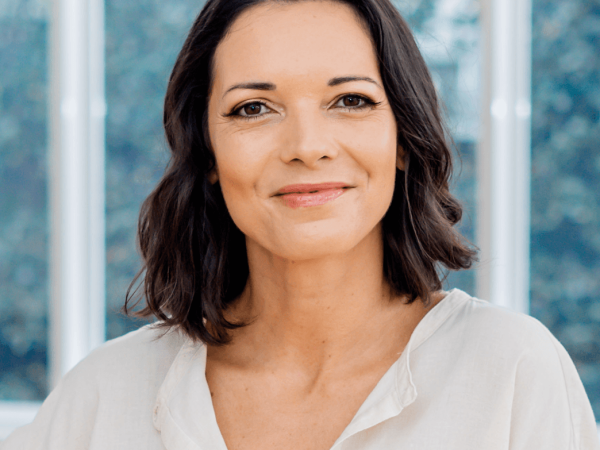Tips to avoid maternal burnout
Perfectionism is not a healthy habit. Even less so when it comes to motherhood, unless you’re keen to rub shoulders with overwhelm, resentment, rage and the feeling of never being satisfied, which can eventually lead to maternal burnout.
Here is the new mantra you can adopt to preserve your mental, physical and emotional wellbeing when faced with the demands of mothering, working and everything in between: “Good enough is the new perfect”.
Beware of the Good Mother
The good mother is the one who does it all, preferably all at once, never raises her voice, always indulges in self-sacrifice…and does not exist! Most of us carry a lot of unhelpful and unrealistic beliefs about what a good mother is and does. So, next time you catch yourself thinking that you “should” be on top of it all, that you “should” do something productive while your baby is sleeping, that you “should” do every single pick up and drop off, think twice. Said who? Whose voice do you hear when the “should” shows up? Is it serving you or is it overwhelming you?
Learn to say no
Sometimes we forget that we are in control and can decide what we say yes to and what we say no to. If we want to stay sane and raise children who have healthy boundaries, we need to role model that behaviour ourselves. Here, it helps to think about what really matters, the values that are important in this season of your life. Once you have identified them, use them as a compass to navigate the decisions you make, no matter how mundane or challenging.
Connect with other mothers
Isolation is one of the major causes of stress for mothers. Find women to connect with and have genuine conversations about what it is really like to juggle the competing devotions that we need to wrestle with as women and mothers. This can help you normalise your feelings and bring a sense of community back into your life.
Redefine strength
Our culture defines strength as the ability to push through, be constantly “on”, do more, deliver: the perfect cocktail for burnout. What if you embraced a more balanced definition of strength, one that invites you to recognise your needs and respect them? One that gives you permission to delegate, rest, ask for help, get support through coaching, therapy or other holistic practices, prioritise your wellbeing and nourishment?
Mothering is not a walk in the park. It’s normal to not like every single day of your life as a mother, even though you may feel like you’re expected to. Ambivalence is part and parcel of being human, of being a parent, especially in a society that doesn’t value motherhood and is not set up for parents to thrive and feel supported along the way. Learn to own your new gifts and skills as a parent and be kind to yourself: you’re going through a process of transformation, learning and growth like no other.
If you’re interested in resources to help you navigate your mothering journey with more peace and confidence, I created a mini audio series with tips and tools I’ve gathered from my work and personal experience as a mother. You can download it here.
You may also be interested in...
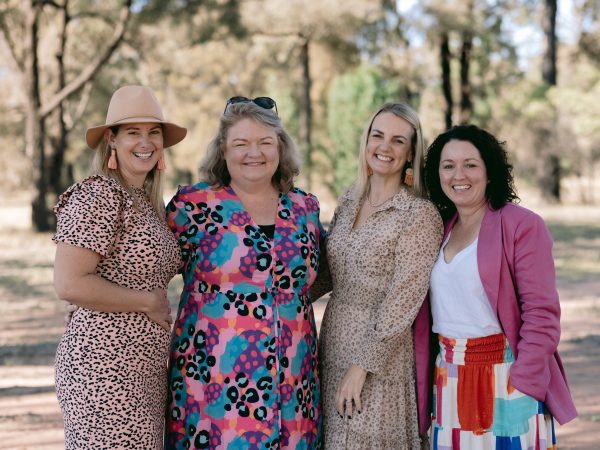
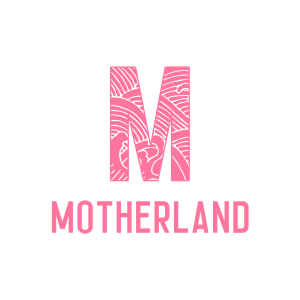
Motherland
Motherland is a national charity that connects rural mothers across Australia. It takes a village to raise a child, but living rurally means many are isolated during their motherhood journey.
Motherland Village is Australia’s first online mother’s group program for rural mums with children aged 0-18 years. Join a small, private group of up to 10 rural women in a 6-week online program, led by a trained facilitator. Alongside your group, you’ll also gain access to expert-led content on matrescence, the mental load, self-love, parenting, and building more empathetic relationships. It takes a village. Find yours.
Scholarships are available for rural mums to access the program at no cost.
Through the Motherland podcast, Motherland Village, Scholarship Fund, Motherland Connect platform, online support network, fundraising events, and advocacy, we have become the voice and village that rural mums desperately needed but didn’t have, until Motherland.
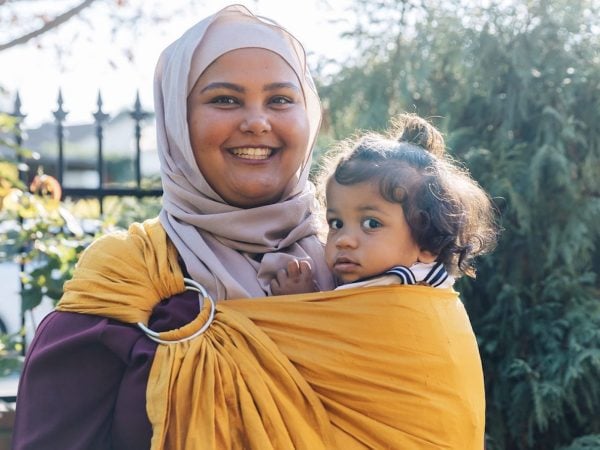
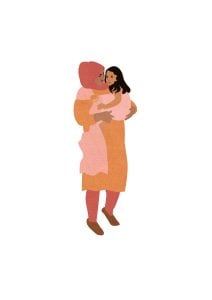
Sarah Mahri Babywearing
Are you overwhelmed with all the babywearing products available on the market? Have you been gifted a few carriers or are you being targeted by sponsored ads for carriers, each claiming to be the best? Perhaps you have already invested in an expensive carrier and your baby appears to hate it?
You don’t have to figure this out alone! Sarah is an experienced babywearing mum of five and a certified babywearing educator. She provides in home consultations where you can try on multiple carriers from her extensive demo kit and figure out your best fit before you buy. If you already own carriers she can show you how to use yours safely and educate you on all the features. Every consultation begins with thorough education around safe and optimal babywearing, ergonomics and healthy hip development. You deserve to be empowered with knowledge in how to keep your baby safe and have the confidence to enjoy babywearing, just like you dreamed.
Sarah also consults out of Maternal and Infant Wellbeing Melbourne in Parkville and provides group education through workshops.
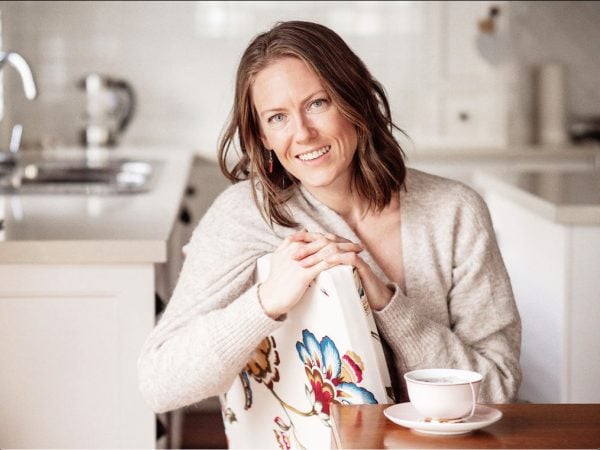
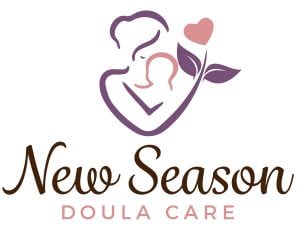
New Season Doula Care
Hi, I’m Sam – Birth & postpartum doula and childbirth educator providing in-person support to new and expecting families.
It was my own experiences with pregnancy, birth and postpartum that stirred in me a deep passion for supporting families on all stages through this journey. As a birth doula, I walk with you as you get ready for the birth of your baby, helping you to feel supported and empowered to make informed decisions and prepare for a calm and peaceful birth, including full support during labour at home or in hospital
As a postpartum doula, I hold deep respect for new mothers and the sacred journey that is Matrescence. I provide nurturing care to replenish and nourish the new mother as she recovers from childbirth and transitions into life with her new baby. My postpartum services include freshly cooked meals, breastfeeding support and newborn care. I help new mums, dads and families as they prepare for and adjust to life with a newborn by providing informational, physical and emotional care – taking the load off, so that the beautiful chaos of postpartum can be a smooth and fulfilling experience.
I understand that each family is unique and has different needs, so my services are designed to be flexible and to support families wherever they’re at, in the best way that will enrich their postpartum journey.
Learn about the support you didn't know you needed.
We have cherry picked the most useful resources for your fourth trimester so that you don't have to waste precious hours searching.

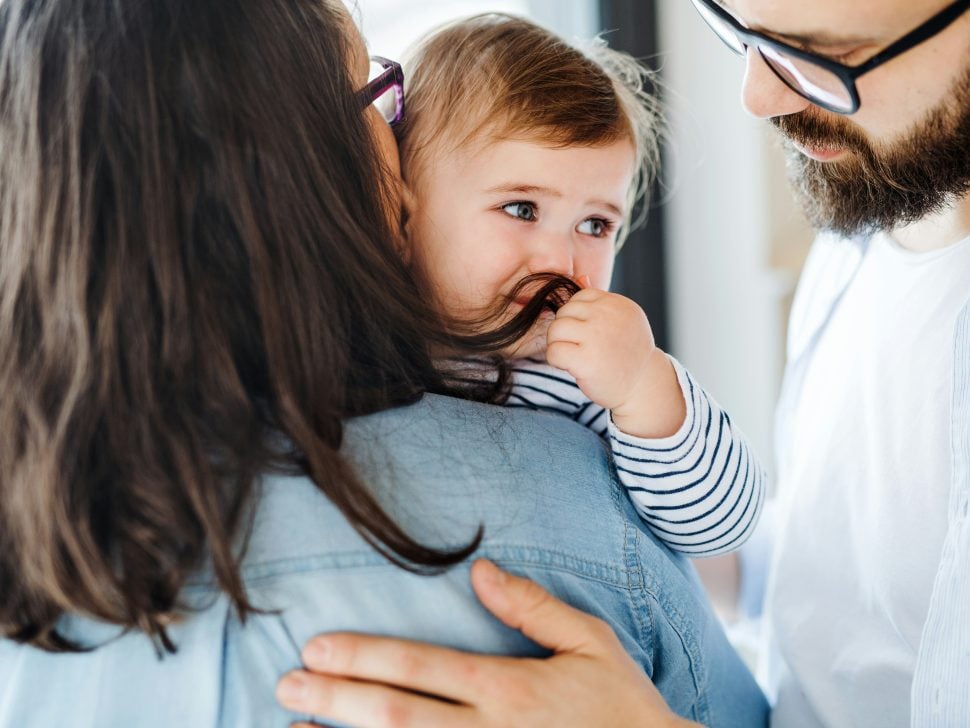
Article - Leonie Lindenbergh-Poot (Love Through Loss Doula)
Helping Children Navigate Grief
Children experience grief differently than adults. They may not have the words to express their feelings, so they show them in other ways—through tears, anger, or even unexpected silliness. Some days, they may seem perfectly fine, and the next, a wave of sadness can hit them out of nowhere. It’s all part of how they process the big feelings they don’t fully understand yet.
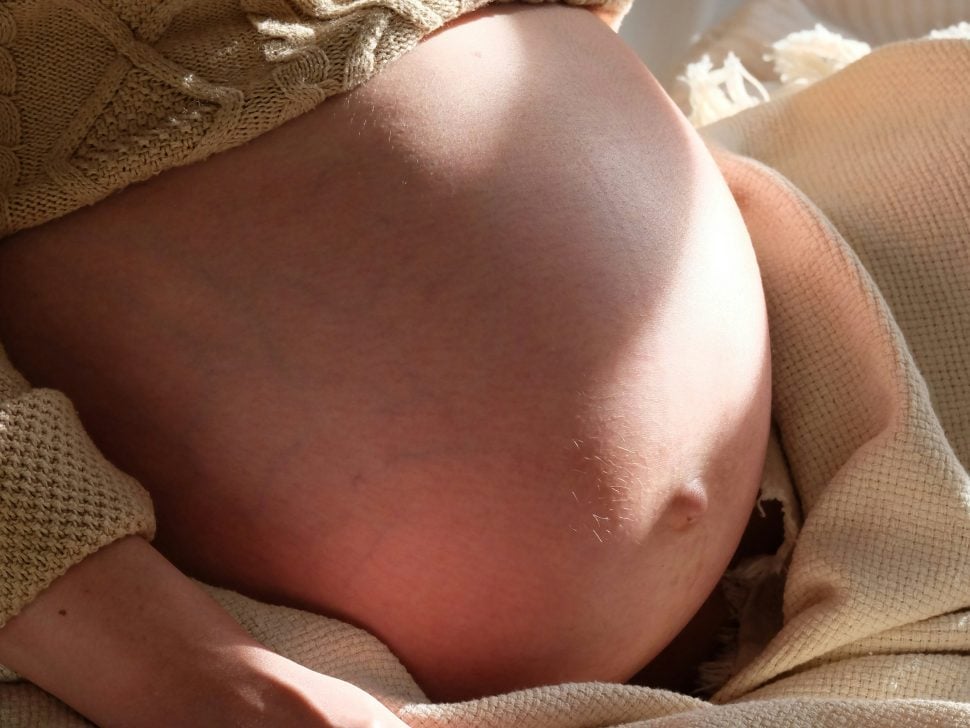
Article - Louise Barton + Elisha Wildblood (Not Another Onesie)
Is a Nesting Party the New Baby Shower Trend in Australia?
Wondering what a nesting party is? Discover why this baby shower alternative is becoming the go-to trend for Australian mums-to-be. As more expecting parents seek meaningful support over tradition, the nesting party is emerging as a powerful, practical, and heartfelt way to gather around the mother, not just the baby.
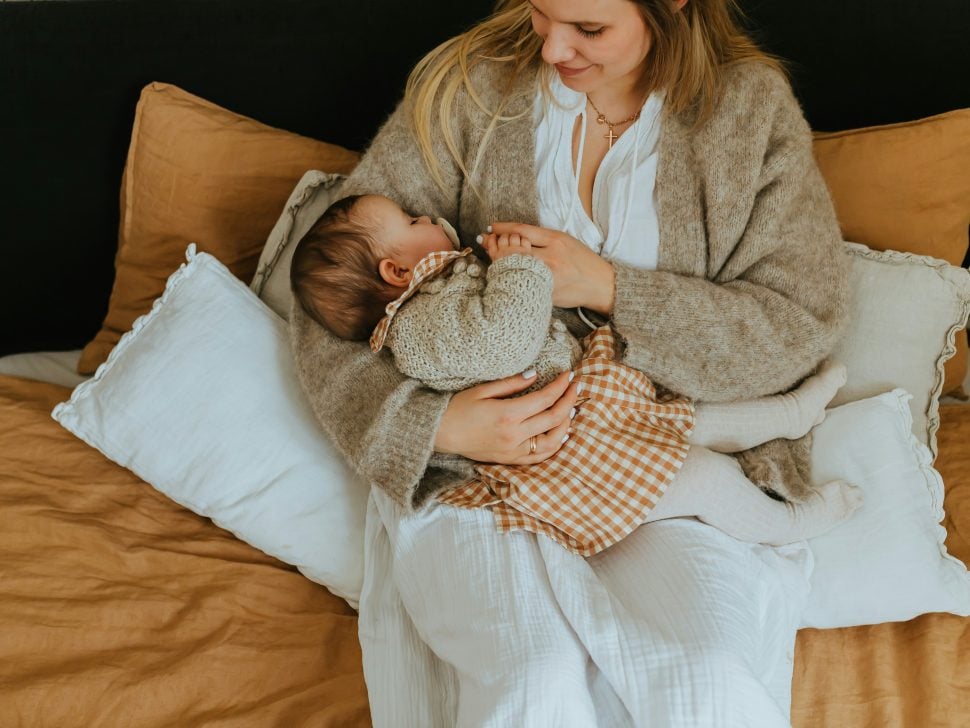
Article - Courtney Wilton (Nourished Psychology)
When and How to Seek Mental Health Support as a Mum
Discover the early signs of postpartum distress that often go unnoticed and learn when and how mothers should seek mental health support. From baby blues vs. depression to finding the right therapist.
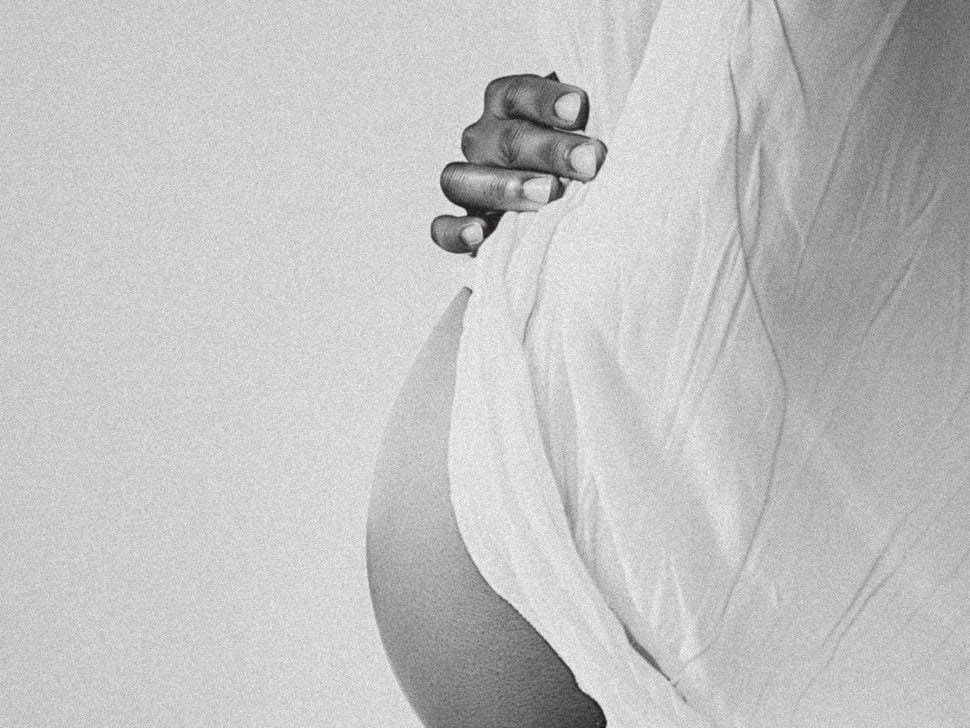
eBook - Louise Barton + Elisha Wildblood (Not Another Onesie)
Mama’s Guide to Prepping for Pregnancy, Birth & Beyond
Mama’s Guide to Prepping for Birth, Pregnancy & Postpartum is your ultimate pregnancy and postpartum guide designed to help you feel informed, supported, and ready for every stage of motherhood. Covering key topics for each trimester, birth preferences, a hospital bag checklist, breastfeeding tips, and essential postpartum care, this downloadable PDF is packed with expert-backed advice and practical tools.


